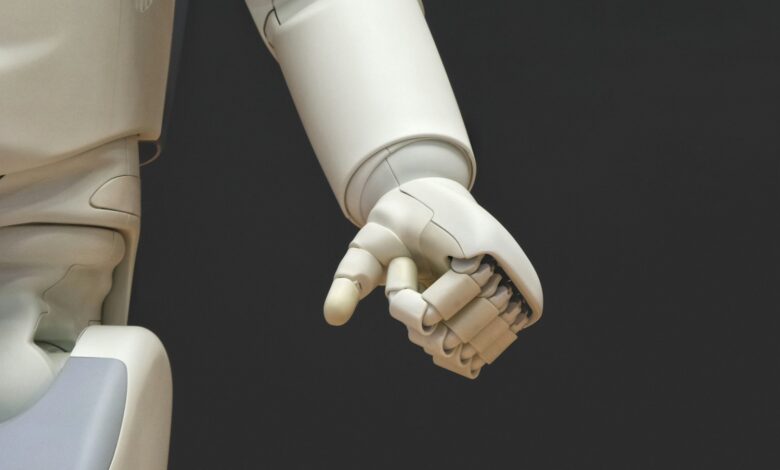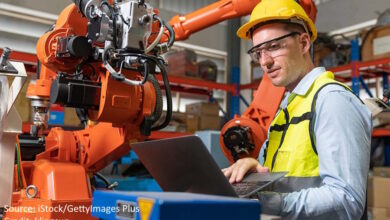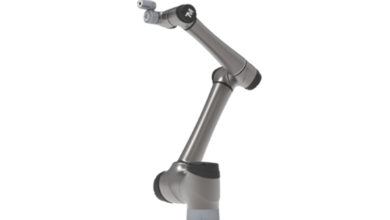Humanoid Robot XBot-L Climbs Great Wall of China: A Milestone in Robotics : Science : Tech Times

In recent months, humanoid robots have showcased a variety of impressive feats, from wielding a gun in a military drill to pulling off a successful backflip.
Now, thanks to a new video from the China-based company Robot Era, we can finally conclude that there’s a humanoid robot that can climb the majestic Great Wall of China.
A Humanoid Robot’s Historic Climb
(Photo : Possessed Photography on Unsplash)
The video, released this week, features the XBot-L, which Robot Era claims is the first humanoid robot to climb the Great Wall of China. This claim is likely accurate, as most humanoids are still confined to laboratories or factory floors, rather than exploring iconic tourist sites.
While the XBot-L may not be as swift as the H1 humanoid from Chinese company Unitree or as agile as Boston Dynamics’ Atlas, it demonstrated a remarkable ability to navigate the uneven and broken pavement of the Great Wall. It also adeptly handled stairs and even performed tai-chi moves upon reaching one of the wall’s guard towers.
Robot Era attributes these capabilities to its proprietary reinforcement learning (RL) technology, which enables the XBot-L to manage unpredictable surfaces and explore dimly lit areas effectively.
“Perceptive RL algorithms help to strengthen the robot’s perceptive and decision-making capacity in the face of unfamiliar terrains. The robot thus can recognize complex road conditions and adjust its walking stance in a timely manner,” said Yue Xi, co-founder of Robot Era, in a statement.
Related Article: Chinese Scientist Reveals World’s First AI Child ‘Little Girl’ in Beijing Showcase
The Tech Behind the Triumph
The video highlights the XBot-L’s advanced navigational and balancing systems. Despite these complicated systems, a keen observer might notice some duct tape around its midsection. This could be a humorous nod to the waist bags worn by tourists or a quick fix to ensure the robot’s stability during its climb, Interesting Engineering reports.
Either way, it reminds us that even the most advanced robots sometimes require a bit of DIY ingenuity to transition from the lab to the real world.
A Clever Promotional Effort
While the XBot-L’s climb may not significantly advance humanoid robotics, it serves as an ingenious promotional stunt by Robot Era, a company incubated by the Institute of Cross-disciplinary Information Sciences at Tsinghua University in Beijing.
By showcasing a humanoid robot on one of the world’s most iconic monuments, Robot Era normalizes the presence of these robots in everyday settings and sparks the public’s imagination.
Seeing Humanoids in Public Spaces
As humanoid robots like the XBot-L become more common, it’s interesting to speculate about their future interactions in public spaces. This leads to some questions about whether tourist attractions will have different admission prices for these machines. This would also make us wonder if robots can get free entry at theme parks on rare occasions.
In the future, we could potentially witness a new humanoid robot that can climb the Eiffel Tower in Paris. This is an interesting take on how capable are robots in going into hard-to-reach areas without any equipment.
As we move closer to a future where humanoid robots are a common sight, the XBot-L’s journey up the Great Wall stands as proof that these machines are capable of doing almost anything that humans usually do.
Read Also: China’s Realistic 3D E-Skin Technology Brings Human-like Sense of Touch to Robots
ⓒ 2024 TECHTIMES.com All rights reserved. Do not reproduce without permission.



